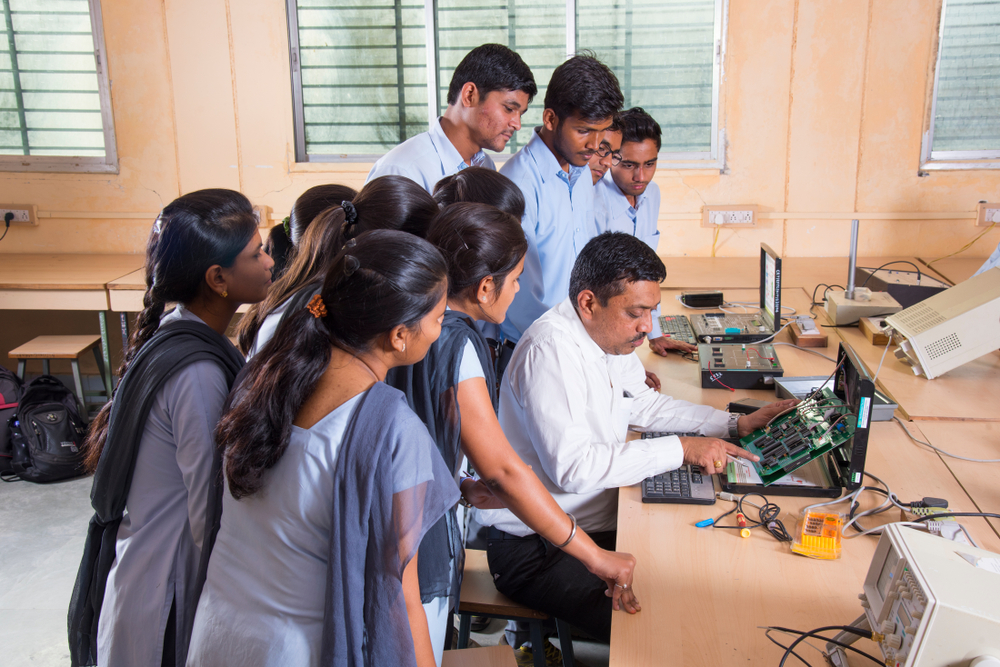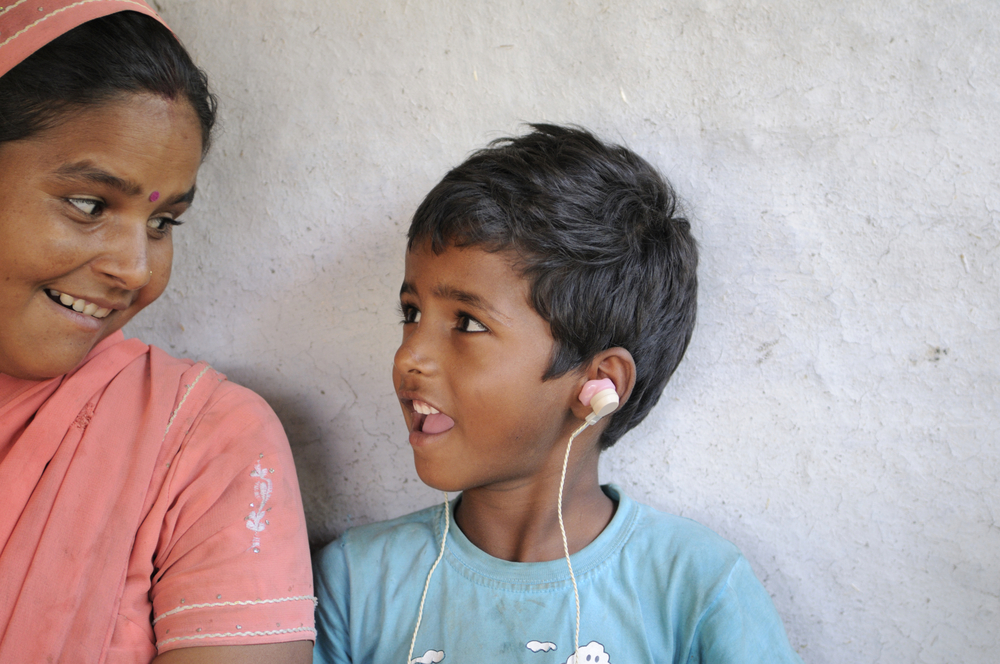A country on the path to progress must look for various ways in which it can serve its citizens better. This was perhaps the aim of the ambitious proposal made by the Union ministry of human resource development to invest more than Rs 30,000 crore over the next five years in order to raise the gross enrolment ratio of students in higher education to 40 per cent from the current 26 per cent. In order to achieve this, a number of interventions have been proposed. Among them is a goal to set up around 8,000 hostels in areas where students from disadvantaged socio-economic backgrounds would not otherwise have the means to continue higher studies; a greater focus on open and distance learning and providing incentives to students to complete their courses; turning 500 colleges into institutions that grant vocational degrees in regions that are geographically backward, and making inroads into remote areas with no digital reach by setting up conventional study centres there. These goals are undoubtedly noble; in a nation where education is, at least on paper, a fundamental right, it is important to set goals for furthering education.
The granting of this right, however, must also translate into an actual improvement in the quality of education — a sphere in which India’s performance has been consistently dismal. In 2013, the gross enrolment rate of students in tertiary education in India was 25 per cent, as opposed to 36 per cent in Brazil, which is another BRICS nation. Mere access to education has also not been able to prevent discrimination against students from marginalized communities. The skewed teacher-student ratio ensures that the quality of education plummets further. In Lucknow, departments in many government-aided colleges have been functioning with just one faculty member; the situation is even worse in rural areas, given that higher education still remains largely confined to urban and semi-urban India. In the light of such grim figures, it must be asked how the students whom the government is hoping to enrol will be taught. Moreover, growing governmental intervention in the functioning of universities — which are supposed to be centres of free and critical thinking — on account of the propagation of a certain ideological agenda undermines the principle of learning. (Seats available for MPhil and PhD scholars at Jawaharlal Nehru University were drastically reduced in 2017.) Higher learning is a formative part of a citizen’s education. As such, the imparting of knowledge must be unbiased and qualitatively sound. Only then will greater enrolment bear fruit.













